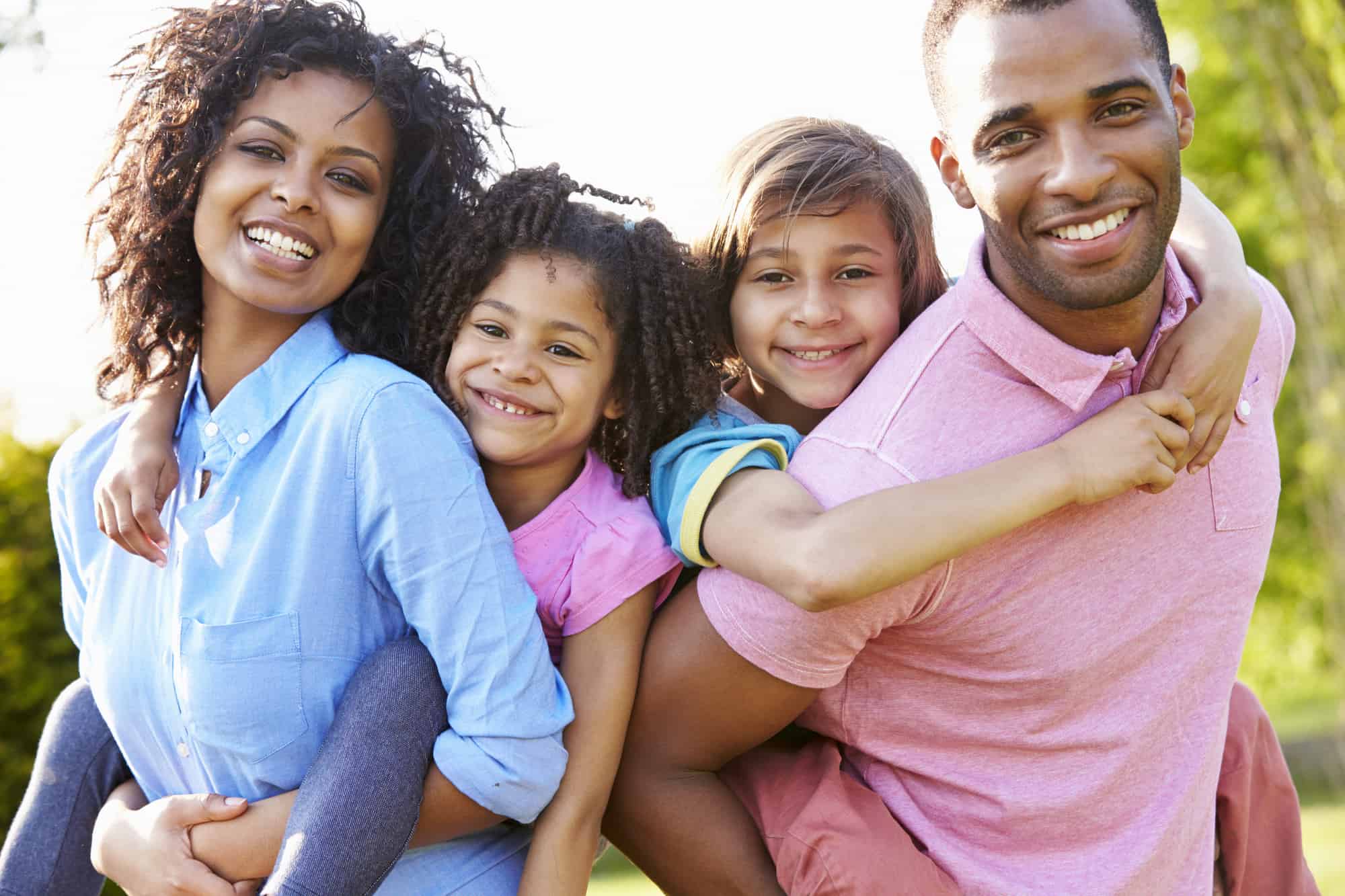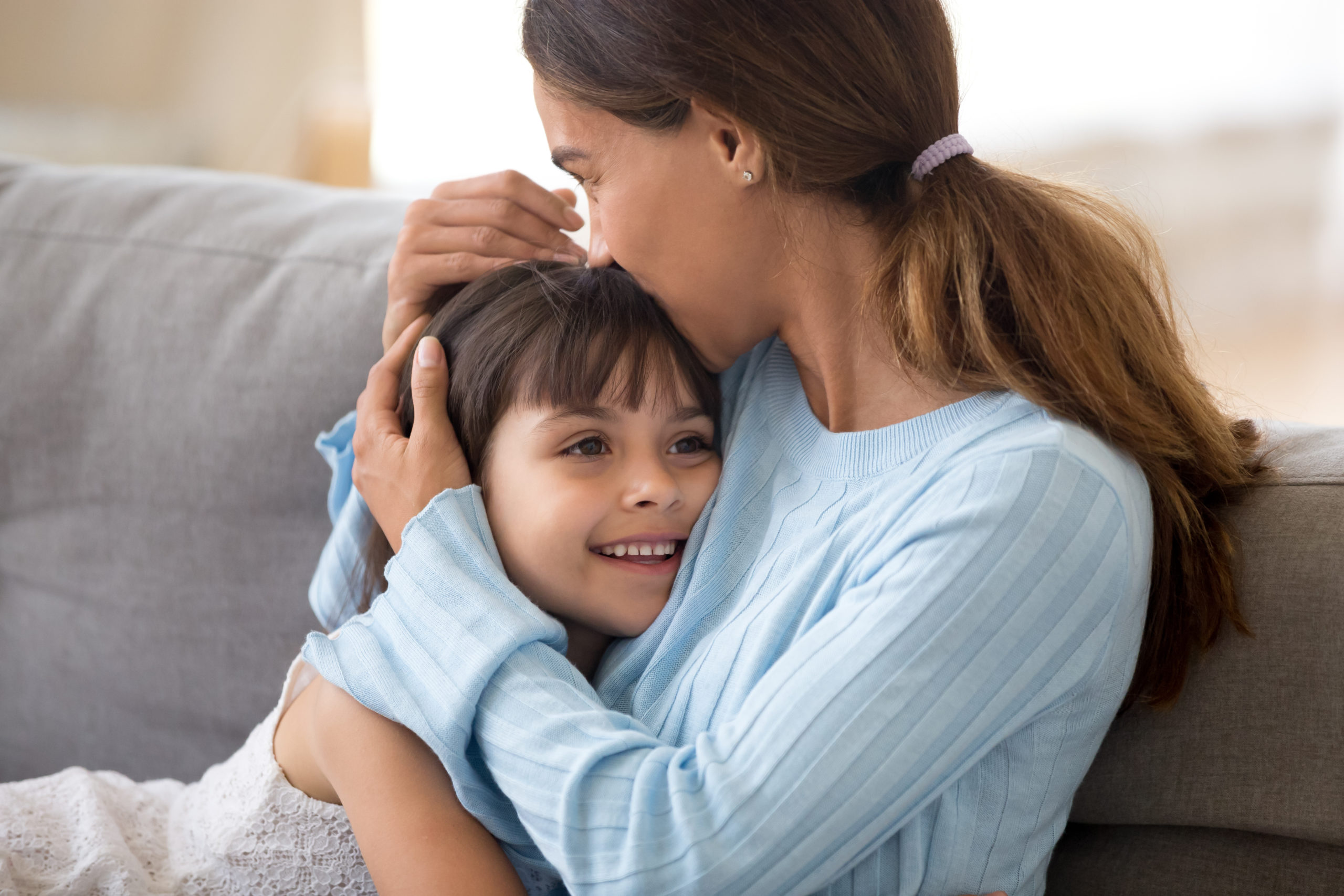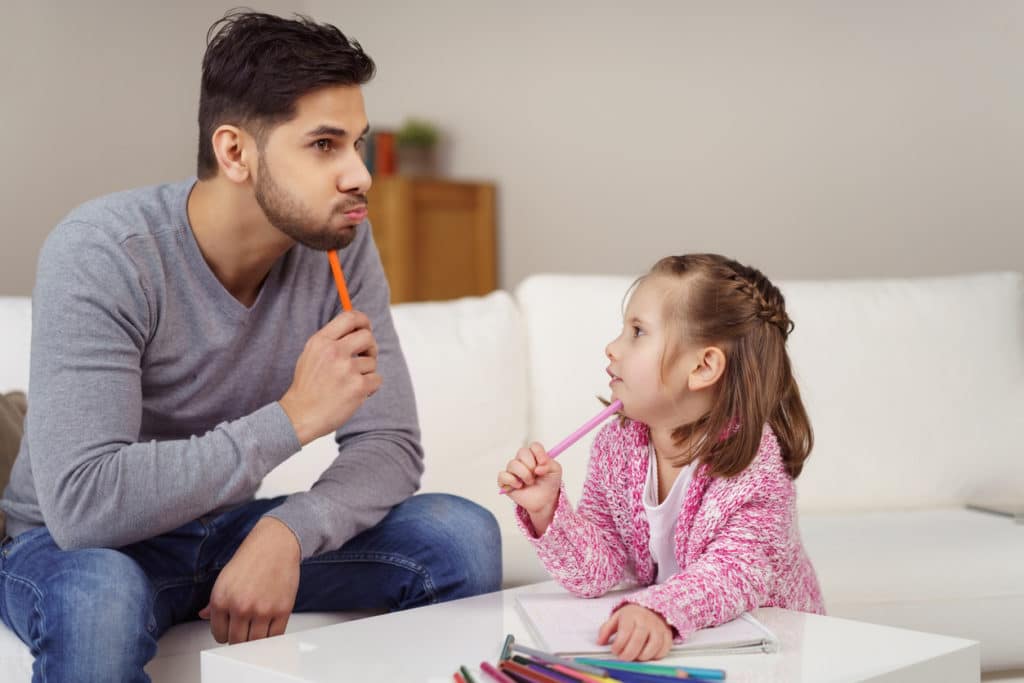What Shapes Child Development in Non-Traditional Families?
In non-traditional families, diverse family structures shape children’s development. Genetic influences, behavior patterns, social interactions, and emotional environments play pivotal roles. Parents serve as essential role models, impacting children’s behaviors and attitudes. Effective communication within the family influences social interactions and cognitive abilities. Support systems like peer support and community resources offer practical assistance and enhance well-being. Resilience factors, such as coping mechanisms and social support, are key in handling challenges. Cultural norms also influence developmental outcomes. Understanding these complex dynamics can provide insights into the unique shaping of child development in non-traditional families.
Key Takeaways
- Genetic influences and behavior patterns are significant factors affected by family structure.
- Social interactions within the family environment impact emotional development.
- Supportive social connections increase resilience in non-traditional family settings.
- Effective communication patterns foster emotional intelligence and cognitive abilities.
- Cultural norms and values play a role in shaping developmental outcomes in non-traditional families.
Family Structure and Child Development

Research indicates that family structure plays a significant role in shaping child development outcomes. Genetic influences and behavior patterns are vital factors that can be impacted by the structure of the family unit.
Children in non-traditional families may exhibit different behavior patterns compared to those in traditional families due to varying genetic influences and social interactions within their family environment.
Social interactions within the family setting can greatly influence a child’s emotional development. In non-traditional families, where the dynamics may differ from traditional setups, children may experience unique social interactions that shape their emotional responses and coping mechanisms.
These interactions can impact how children perceive and navigate relationships outside the family unit, affecting their overall emotional well-being.
Understanding the interplay between genetic influences, behavior patterns, social interactions, and emotional development within different family structures is essential for comprehending the diverse outcomes seen in child development.
Further research in this area can provide valuable insights into how family structure influences various aspects of child development.
Parental Role Models and Influence
Parental role modeling and influence greatly impact a child’s development outcomes, shaping their behaviors and attitudes towards various aspects of life. The significance of parental guidance in childhood development can’t be overstated.
Children often look up to their parents as role models, observing and learning from their behaviors and interactions within the family dynamics. Research indicates that parents serve as primary role models for their children, influencing their social, emotional, and cognitive development.
Positive role modeling by parents can lead to the adoption of healthy behaviors and attitudes, while negative role modeling may contribute to the development of maladaptive patterns in children. Family dynamics play a vital role in determining the effectiveness of parental influence on children.
A supportive and nurturing family environment enhances the positive impact of parental guidance, fostering excellent development outcomes for children. Understanding the influence of parental role models within the context of family dynamics is essential in comprehending the complexities of childhood development.
Communication Patterns and Impact

Effective communication patterns within non-traditional families greatly influence children’s development outcomes, shaping their social interactions and cognitive abilities.
Attachment styles and emotional regulation are markedly impacted by the way family members communicate with each other. For instance, when children witness healthy communication characterized by active listening and empathy, they’re more likely to develop secure attachment styles and better emotional regulation skills.
On the other hand, conflict resolution and problem-solving techniques employed within the family dynamic play an important role in children’s development. When conflicts are addressed constructively, children learn valuable skills in negotiation, compromise, and managing differences. This, in turn, leads to improved social interactions and the ability to navigate challenges effectively.
Research shows that children in non-traditional families where communication is open, respectful, and solution-oriented tend to exhibit higher levels of emotional intelligence and better overall well-being.
Therefore, fostering positive communication patterns in non-traditional families is essential for promoting healthy child development.
Support Systems in Non-Traditional Families
Support systems in non-traditional families play an essential role in mitigating the unique challenges these families may face and promoting positive outcomes for children. Peer support within non-traditional families can provide a sense of belonging and understanding, which is pivotal for both children and adults maneuvering unconventional family structures. Research indicates that peer support can help reduce feelings of isolation and stigma that non-traditional families sometimes encounter.
Additionally, community resources such as counseling services, support groups, and educational programs can offer practical assistance and guidance to non-traditional families. Studies have shown that access to community resources positively impacts the well-being of children in non-traditional families by providing them with opportunities for social interaction, academic support, and emotional growth. By utilizing community resources, non-traditional families can build a network of support that contributes to the resilience and overall development of children.
Encouraging the utilization of peer support and community resources is essential in fostering healthy environments for children in non-traditional families.
Resilience and Coping Mechanisms
You’ll find that studies have identified various resilience factors present in children from non-traditional families, which contribute to their ability to adapt and thrive.
Researchers have also explored the coping mechanisms employed by children in these families to navigate challenges and stressors.
Understanding the impact of resilience and coping strategies on a child’s development is essential for supporting their well-being in non-traditional family dynamics.

Resilience Factors Identified
Resilience factors identified in children from non-traditional families often center around adaptive coping strategies and strong social support systems. Research indicates that emotional regulation plays a significant role in how children from non-traditional families navigate challenges. Those who exhibit better emotional regulation skills tend to cope more effectively with stressors, displaying higher levels of resilience.
Additionally, the presence of supportive social connections has been linked to increased resilience in these children. Strong bonds with family members, friends, teachers, or other caregivers provide a sense of security and stability, buffering the impact of adverse circumstances.
Studies have shown that children who can regulate their emotions are more likely to seek out and maintain positive social connections, which, in turn, contribute to their overall resilience. These social connections serve as sources of comfort, guidance, and encouragement, helping children from non-traditional families build the necessary skills to adapt and thrive in challenging environments.
Coping Mechanisms Explored
Children from non-traditional families demonstrate a variety of coping mechanisms that contribute to their overall resilience in the face of adversity. Research indicates that emotional regulation plays a pivotal role in how children from non-traditional families cope with challenges. These children often develop effective strategies to manage their emotions, which in turn helps them navigate difficulties more successfully.
Furthermore, social skills are another key aspect that influences the coping mechanisms of children in non-traditional families. Studies show that children raised in non-traditional families often exhibit strong social skills, including communication, empathy, and conflict resolution. These skills enable them to build supportive relationships with peers and adults, providing them with a valuable network of social support.
Impact on Child
An essential aspect of understanding the impact of non-traditional family structures on children’s coping mechanisms is examining how these familial dynamics shape their resilience in the face of adversity. Research indicates that children in non-traditional families often exhibit strong coping mechanisms, leading to enhanced emotional stability. By maneuvering through complex family dynamics, such as divorce, single parenthood, or same-sex parents, children develop adaptive strategies to deal with stressors, fostering emotional resilience.
Moreover, studies have shown that children in non-traditional families can excel academically. Contrary to traditional beliefs, these children often perform just as well as their counterparts from traditional family structures. This resilience in the academic domain can be attributed to the supportive environments created within non-traditional families, where children are encouraged to focus on their education despite potential challenges.
Cultural Influences on Child Development

Cultural norms and values play a significant role in shaping the developmental outcomes of children raised in non-traditional families. Cultural values and traditions within a family influence how children perceive themselves and the world around them.
For instance, some cultures prioritize collectivism and interdependence, while others emphasize individualism and autonomy. These contrasting values can impact a child’s sense of identity and their relationships with others.
Parental expectations and discipline practices rooted in cultural norms also play an important role in child development within non-traditional families. Different cultures have varying approaches to discipline, ranging from authoritative to permissive styles.
The expectations parents set for their children, whether academic, behavioral, or social, are often influenced by cultural beliefs. These expectations can shape a child’s self-esteem, motivation, and overall well-being.
Understanding the cultural influences on child development in non-traditional families is essential for creating supportive environments that cater to the unique needs of each child. Researchers suggest that acknowledging and respecting cultural diversity can lead to more positive developmental outcomes for children in these families.
Frequently Asked Questions
How Do Non-Traditional Families Navigate Societal Judgment and Stigma?
Managing societal judgment and stigma in non-traditional families involves deploying coping mechanisms and utilizing support systems. By actively overcoming stereotypes, individuals can build resilience and create a positive environment for themselves and their children.
What Are the Unique Challenges Faced by Children in Non-Traditional Families?
In non-traditional families, children face unique challenges like managing parental roles and forming their identity. Coping mechanisms and emotional support play vital roles in their development. Understanding these dynamics can aid in fostering resilience and well-being.
Do Children in Non-Traditional Families Have Different Attachment Styles?
In non-traditional families, children may develop different attachment styles due to parental influence and family structure. Attachment theories suggest these variations impact emotional development, highlighting the importance of understanding and supporting diverse familial dynamics for the best child well-being.
How Do Non-Traditional Families Address the Absence of Certain Family Members?
In non-traditional families, coping mechanisms and support networks play vital roles in addressing the absence of certain family members. These factors contribute to the emotional resilience of children and aid in their identity formation.
What Impact Does Non-Traditional Family Dynamics Have on Children’s Self-Esteem?
Parental influences in non-traditional families greatly impact children’s self-esteem. Positive relationships with peers can also enhance emotional well-being. Academic achievement may vary but emotional resilience and support networks play vital roles in overall development.
Conclusion
In non-traditional families, diverse family structures, parental role models, communication patterns, support systems, resilience, coping mechanisms, and cultural influences all play significant roles in shaping child development.
Research indicates that the dynamic nature of non-traditional families presents unique opportunities and challenges for children to thrive and grow.
Understanding these factors can provide valuable insights for promoting positive outcomes in the development of children in non-traditional family settings.

Hey there! 👋 I’m a proud mom and passionate writer, sharing my parenting journey. 📝 Join me as I navigate the ups and downs of motherhood, offering tips, advice, and a sprinkle of humor along the way. 🌟







